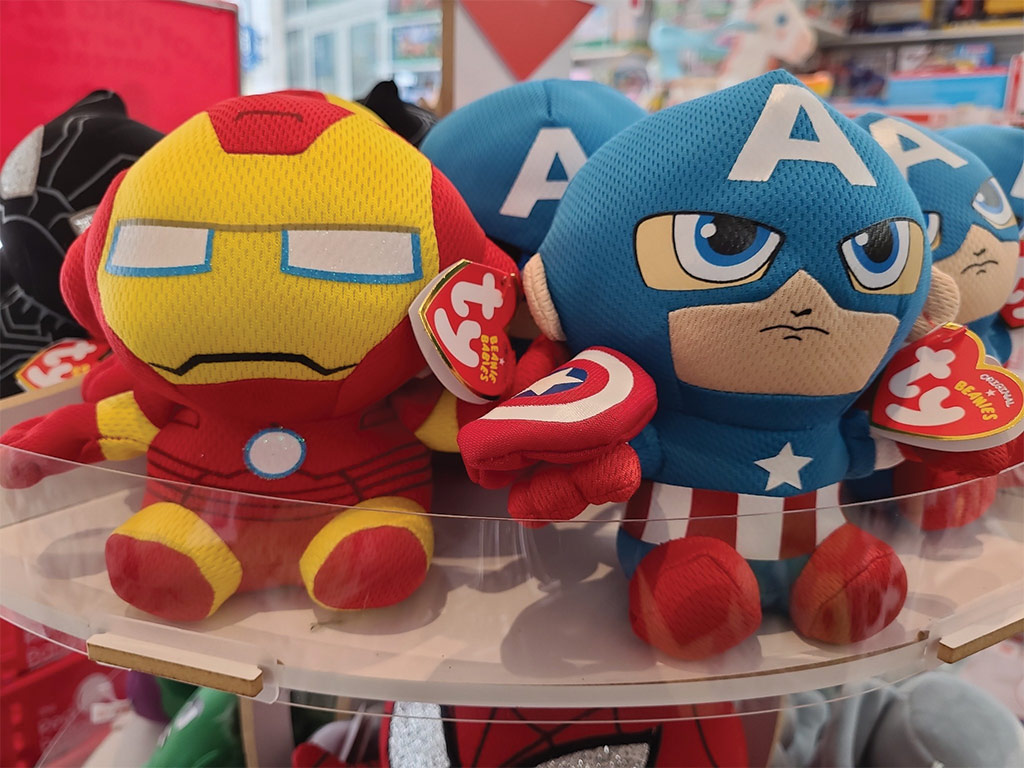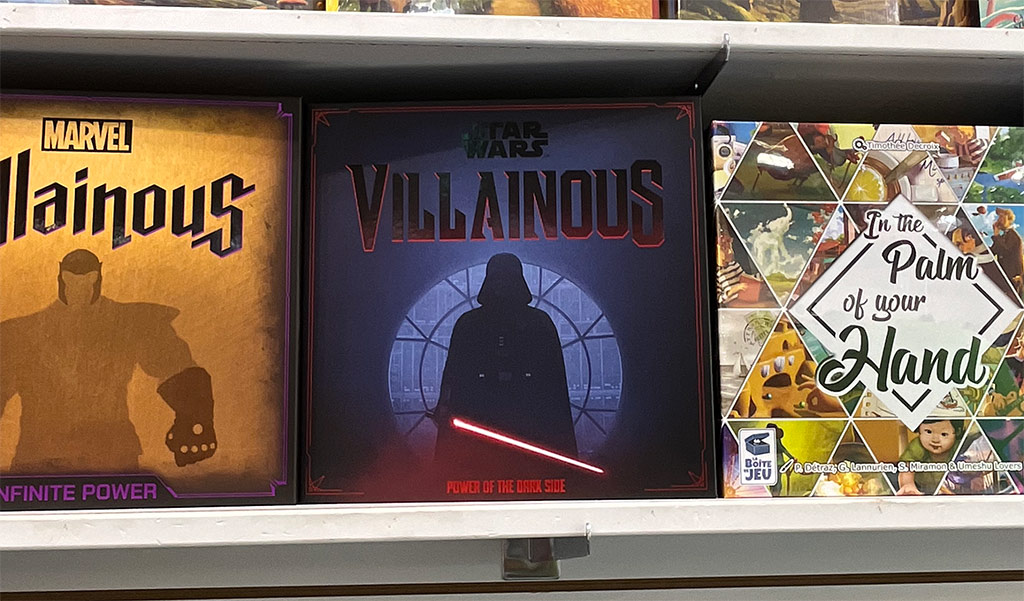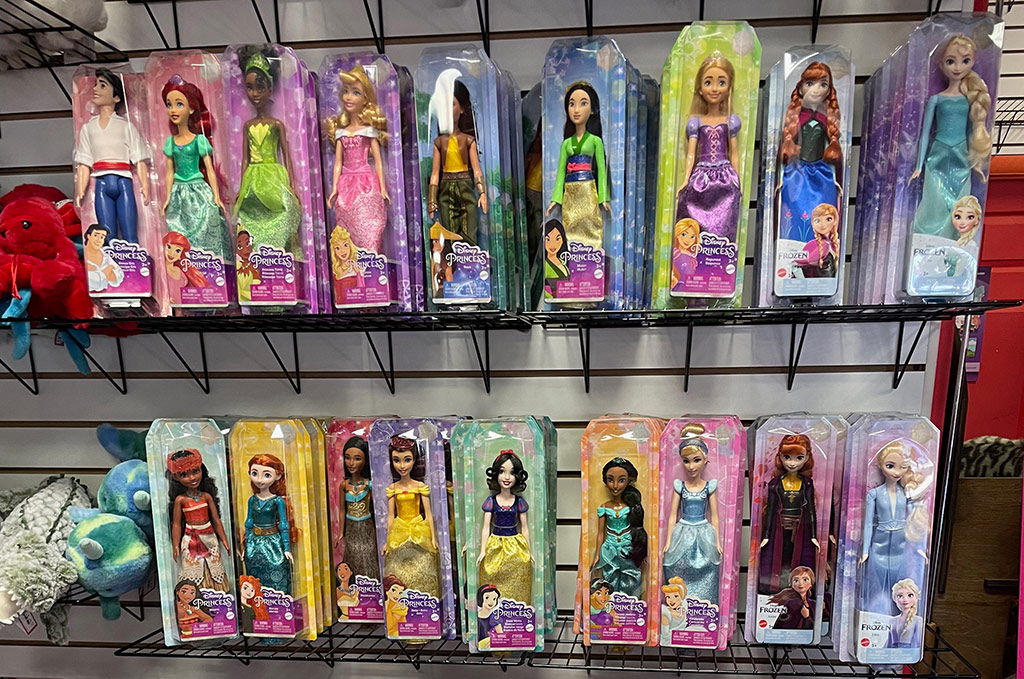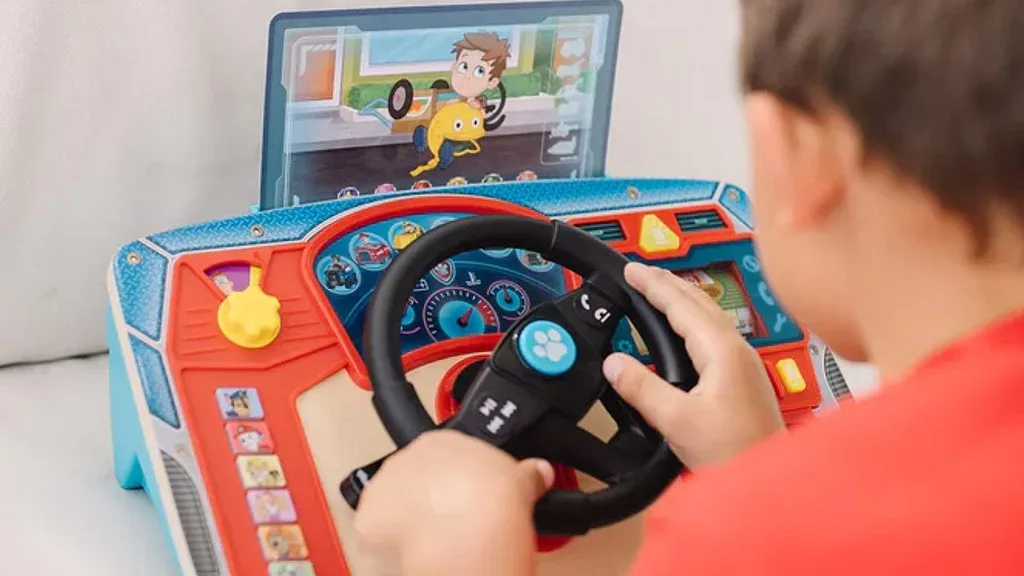by Sue Warfield, President of the American Specialty Toy Retailing Association (ASTRA)
Specialty retailers and manufacturers explain the unique opportunity that high-quality licensed toys provide.
It wasn’t all that long ago that most specialty stores nixed nearly all licensed product from their mix of offerings. Wanting to keep their stores stocked with unique products that were not found in the mass market, the overall feeling was that licensed toys just didn’t fit. But in 2013, Disney’s Frozen hit theaters, and things began to change. Frozen-inspired products, especially dress-up items, became too cool to ignore, and specialty stores began to realize the impact of licensed products not only on their sales, but also on getting new customers into their stores. Retailers began to reconsider licensed toys and games, all the while looking for items that still maintained their standards in terms of quality and play value.
“Licensed brands wield significant influence over children across various media platforms,” says Scott Mazerall of Maziply Toys in Kingston, Massachusetts. “However, it’s crucial for us to curate a selection of toys that align with our value and quality expectations. While certain popular products may not meet our standard, we do prioritize sourcing top-tier licensed products that we proudly showcase on our shelves.”

David Castillo of The Red Balloon Toy Stores in Utah agrees: “When we decided to test the market, we started with licensed games from companies like The Op | usaopoly and found them to be well received. They drew in customers that we could then introduce to the world of specialty toys. We continue to exercise caution when selecting which licensed products to carry, and we believe that our customers can recognize the difference between quality licensed toys and the cheaper ones found in big-box stores. Our goal is to always provide quality toys and games that foster creativity, learning, and play. We are more open to licensed toys and games as long as they meet our standards for quality and value.”

Gwen Ottenberg of Imagine That Toys in Witchita, Kansas, says her licensed offering began with LEGO, then expanded slowly with Barbie, Polly Pocket, Little People, and more. “Kids are coming in asking for products by name and, as their toy store, they expect me to carry what they want. It has been a learning curve on when to get in and when to get out of certain product lines, but we have learned to grow and morph over the past few years and that has been our key to success.”

Several manufacturers are dedicated to helping specialty stores add licensed products to their customers, without compromising on the quality they are known to offer. Tying into what Ottenberg notes about kids coming in asking for specific products is the latest buzzword in the specialty industry: fandom. Kyle Cosgrove, Territory Sales Manager at Goliath Games, explains the unique relationship between games and popular licenses: “We’re in a remarkable time for fandom and for having innumerable opportunities to represent that fandom in nearly every facet of our lives. As tabletop gaming represents a go-to hobby and as major pop-culture franchises represent dominant interests, it’s easy to understand the rise in popularity of licensed games.”
Vince Santore, Senior Director, Specialty Sales at Spin Master says licensed products make up 50% of Spin Master’s overall business. He cites PAW Patrol, DC, Marvel, Monster Jam, and Sesame Street as some of the most popular licensed brands for which the company makes toys, games, plush, and more. “It’s difficult to quantify exactly, but even for specialty only, I’d say licensed product comprises 30-35% of our volume, and it’s increasing all the time,” he says.
In today’s market, there is plenty of room on the shelves at specialty for licensed products, and it’s becoming necessary for retailers to carry these products in order to draw in new customers and keep them coming back. As specialty retailers are looking to have new products along with the evergreen basics of their mix, licensed playthings offer them a continual wealth of new opportunities.
A version of this article was originally published in the 2023 Licensing & Entertainment Issue of The Toy Book. Click here to read the full issue! Want to receive The Toy Book in print? Click here for subscription options!


